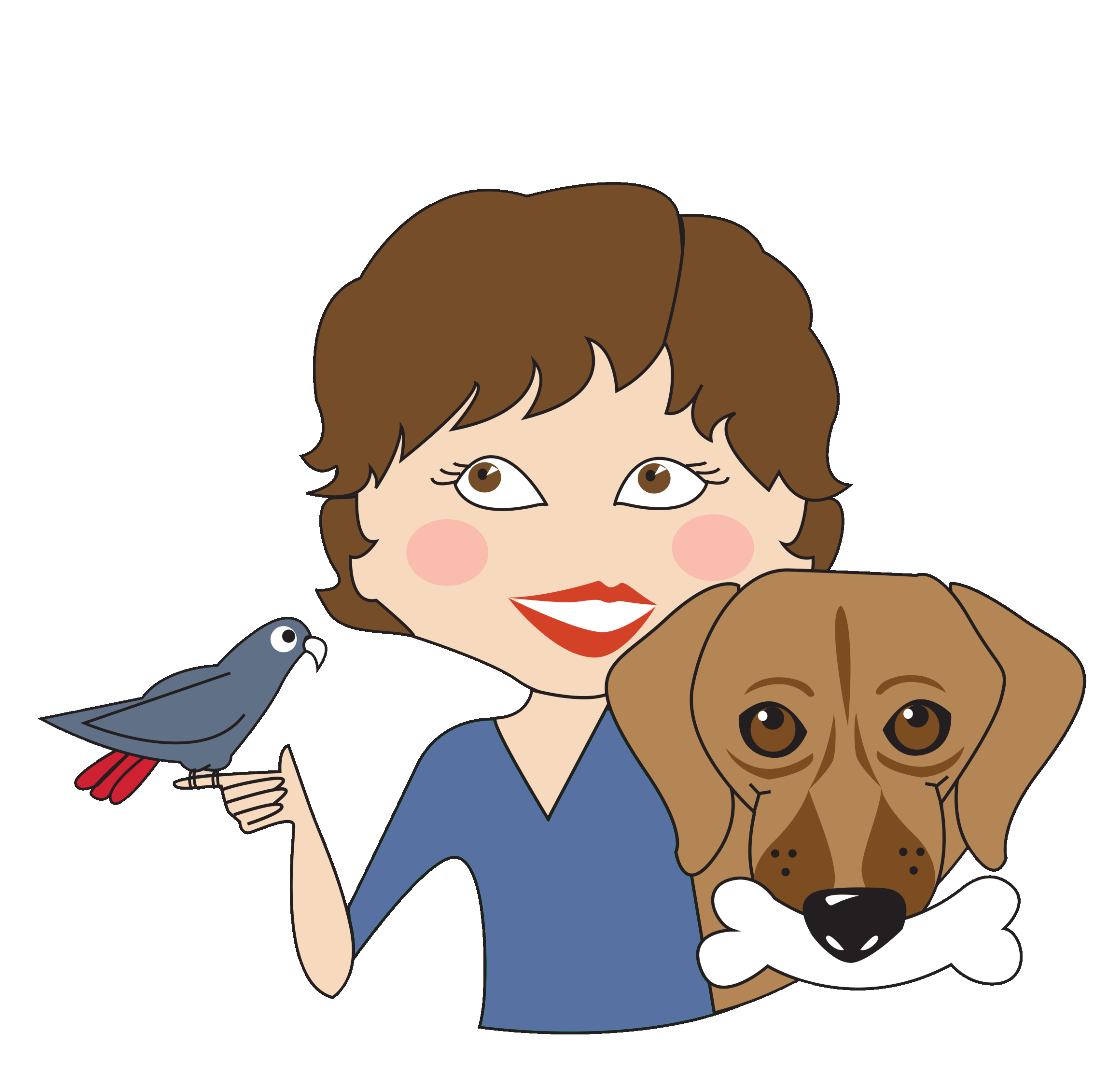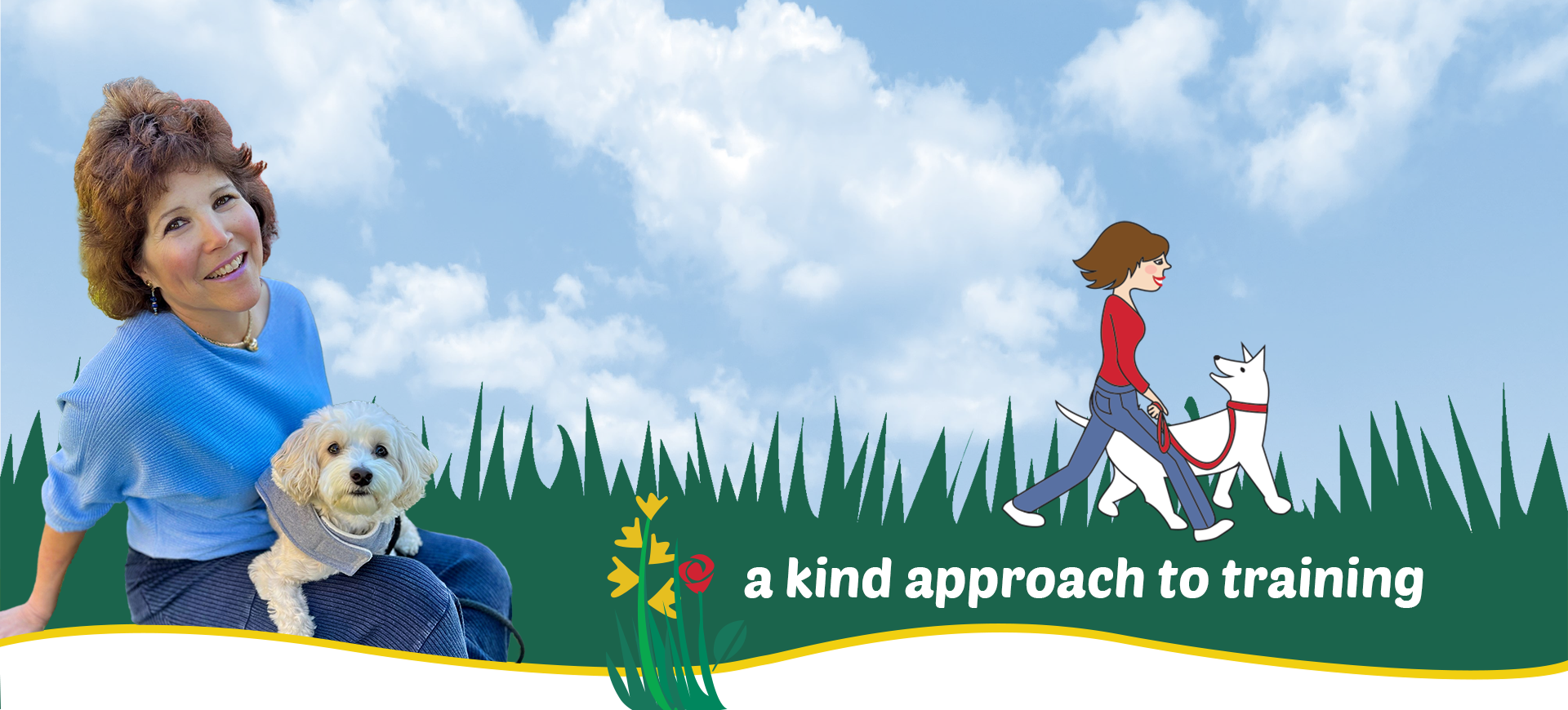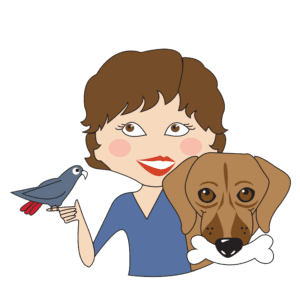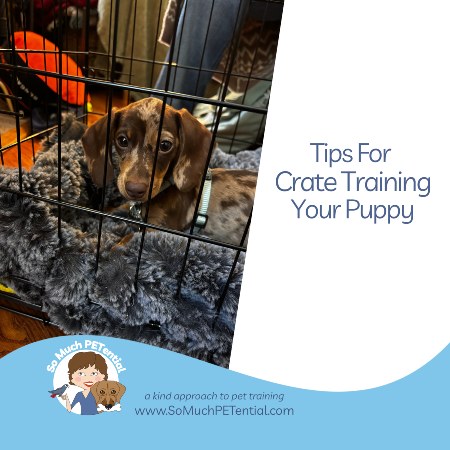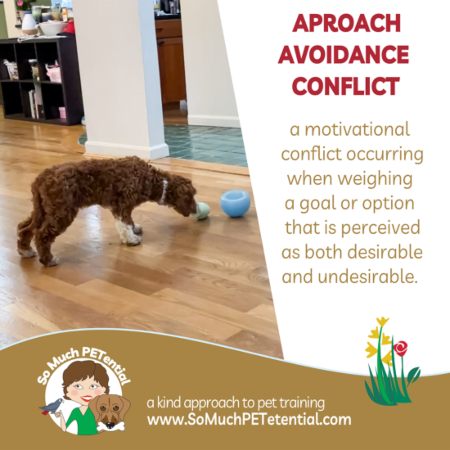When I get calls about an ‘aggressive’ puppy, often, what I am really getting a call about is a puppy that is overly tired, is frustrated, plays roughly, is over stimulated, growls and/or barks during play, or has low bite inhibition.
People often don’t appreciate puppies that put their mouths on them (sometimes too hard), growl, play rough, zoom, hump, or hover over resources; and other adult dogs or puppies may not appreciate another puppy’s rough play or pushing into their  personal space. Yes, those puppies (and owners) will definitely benefit from the help and guidance of an educated, positive dog trainer.
personal space. Yes, those puppies (and owners) will definitely benefit from the help and guidance of an educated, positive dog trainer.
A question you make ask is: Is the behavior of those puppies ‘abnormal’?
Let’s look at a comparison with a human child. Sure, while a parent can (and should) teach a child a more appropriate way of handling conflict, it is not a huge concern if a child in a single episode yells at or pushes another. On the other hand, it would be a huge red flag if a child has a tendency to quickly move into hitting/pushing/or worse to other children/adults/animals or once starting down that path amps up into much more intense behavior needing to be physically stopped. And even more so if that were to happen with any kind of frequency.
While none of us enjoy feeling conflicted, frustrated, overly tired or having our space invaded uninvited, if a young puppy’s reaction to stimulus is very intense with any kind of frequency and for a duration of time, that is a troubling sign. A young puppy baring its teeth, snarling, lunging with intent to hurt another dog or person, or bite and hold another puppy while that other puppy is crying is nearly always abnormal. If you see that, you should see a professional right away. The younger that troubling puppy is, the higher the risk that puppy is as it matures.
If your puppy is younger than six months, these are just a few of the other red flags for abnormal puppy behavior.
You puppy isn’t simply biting out of over arousal, teething or playing, your puppy growls, snaps or bites with very tense body muscles and a hard stare.
Your puppy lunges, snarls, or tries to attack other dogs or people while on leash.
Your puppy will pursue biting/holding another dog or puppy even when that puppy is squealing; or your puppy continues to bite or lunge/snarl/snap at another dog or puppy that is trying to move away.
Your puppy growls or worse at you or another puppy or dog if you come near while it has something of value. (This may be caused by your puppy being raised to have to ‘compete’ with siblings over food in a shared bowl.)
If your puppy lunges at you, growls or worse when you try to touch a body part, that could be a sign of some kind of pain and should be checked by your veterinarian.
Some other red flags that may or may not be related to those ‘aggressive’ tendencies I described above that indicate you should seek help from a professional include:
If your puppy is showing avoidance behaviors to a variety of people, animals, sights or sounds. Puppies go through fear periods where they may show escape avoidance conflict but if they do not recover from that quickly, that is a sign they may need help. It is not normal for a young puppy to be scared to the point of thrashing on the leash, snarling or snaping at a stimulus.
If your puppy is reluctant to move in a certain way like sit or lay down, there is a possibility it could be due to pain or illness, or it could be due to fear or anxiety (maybe your puppy is not feeling safe). Some
puppies do not feel safe when people face them, when people behave in different ways or when there is something in the environment that is scary to them.
If, in a confinement space, your puppy paces, panics and tries to get out, vocalizes excessively, shivers, hurts itself, soils, and will not settle, those are signs of confinement and/or separation anxiety.
My own Dawson, had very abnormal puppy behavior. You can read more about him in this blog post. To this day he is on anti-anxiety medication and I still, and probably always will need to be careful about his being in certain situations and being overwhelmed with multiple anxiety provoking incidents.
If your new puppy is exhibiting any of those behaviors above, document when/where they have occurred, what happened and what your puppy’s reaction was. If possible, even video tape it. And practice managing to prevent practice of those behaviors until you can get professional help.
